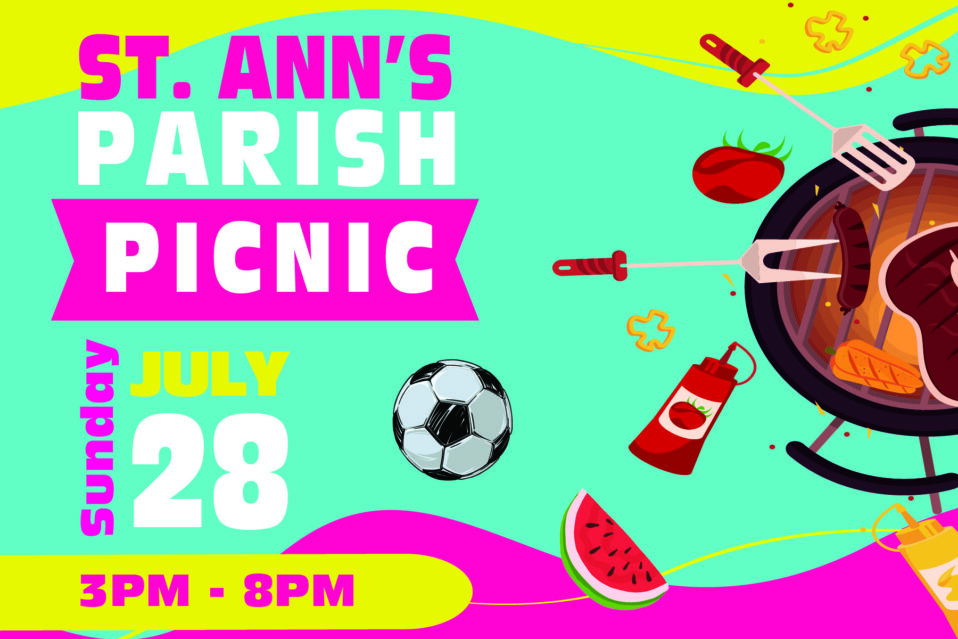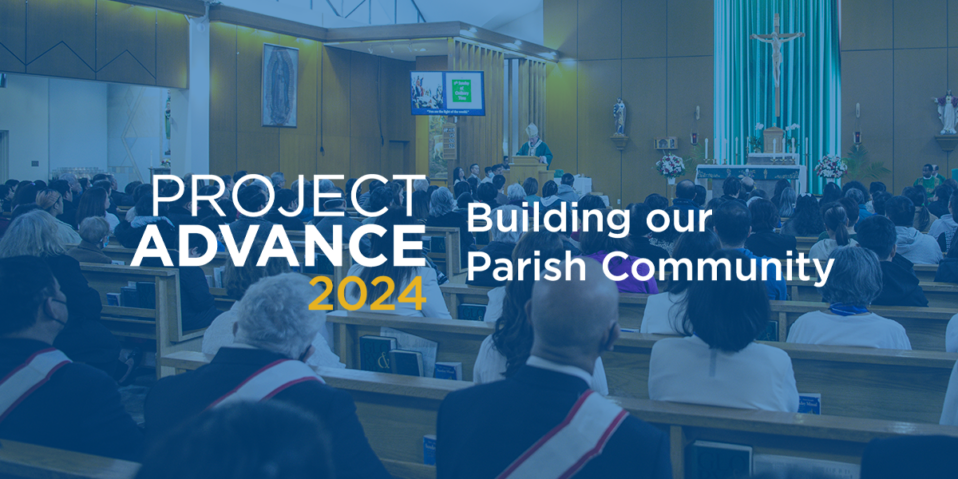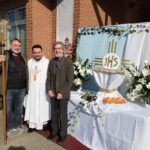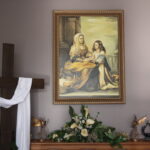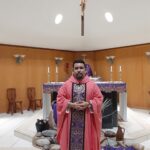By Fr. Hien Nguyen
3. Vocation Culture in the Diocesan Community
Why Should men follow us
We maintained that we can identify and share the blessings of being a priest as well as present a priestly identity to our people by having a clear idea of our role as a priest. In addition, we should try to be joyful by looking for the positive things within our vocation, and to be visible through our clerical garb. We have to be servants of Christ to the people by being authentic (down to earth) so that we can bring Christ’s love to their daily lives. We have to be men who are open, approachable, and good listeners. We have to be present in different capacities for the people Christ has given us: by being available after Mass, by visiting the school children and families regularly, and by taking advantage of every pastoral opportunity that comes along. We need to be men of holiness who recognized their own faults and failings, men who turn to Christ for strength, guidance, and the courage to go on. Our people must be able to see a unity amongst us and a common goal of serving Christ through them. They must see our desire to bring Christ to the world, to deepen our spiritual life and to celebrate the sacraments with reverence. Thus, we will promote a culture of vocations in our parishes and the family homes.
Recommendations and Proposals
Previously, I was diagnosing the condition and health of Vocations to the priesthood and consecrated life in the diocese of Vancouver. Lately in my write up, I prescribed the medical methods of finding remedies to fix the problems of the declining of Vocations. Now in these following weeks, I will provide actual practical applications to help the diocese carry out the mission of healing and renewing the Vocation culture.
As we have discussed, it is very important for parents to lead their children in the faith by examples, but it is even more essential for parents or those who are responsible for the young to accompany them on their journey of searching for the truth and purpose of life. This generation needs guidance and support as they go through the three basic periods: Initial, Apostolic Momentum, and Mature.
In the Initial stage, the young person is going through an experimental period where he inaugurates his journey of faith, initiates his rapport with others collaterally and vertically, testing his virtues and struggles with his vices. At this period, the person is critically in need of a formator who can steer him to the right path since he is facing with all kinds of difficulties (psychologically, physically, mentally, and spiritually) with his past, in living his present, and dealing with the unclear future. At this moment he needs to be trained and rooted in the Gospel.
The next stage of accompaniment is to help the person live consistently in the Apostolic Momentum where the person strives to live his vocation and carrying out his mission. Perseverance is essential during this period because the person faces stress, challenges, loneliness, crisis, and maybe the person is even burnt out. Here is where the consistency or inconsistency revealed itself. Fr. Rulla demonstrated this in the Second and Third Dimensions that explained by Fr. Ravaglioli.
The permanent and continuous accompaniment is also necessary for the Mature stage to help the person to continue to be faithful. At this level, the person has a great understanding of himself, others and God. He is able to internalize all his values, needs, and behavior with the objective values and live a rapport rooted in love.
The vocation journey to God summarized by Fr. Szentmartoni can be distinguished in these three different periods that are recognized by their orientations. The first period the person concentrates on himself: egocentric. The second with the missionary oriented is called hetero-centered. And the third is theocentered.
A person through this journey to maturity and union with God in living out his vocations needs concrete support and direction from others. This mean from initial period to maturity, a person requires assistant from family, school, parish community, priests, society, and the Church. Here I would like to recommend a few concrete proposals that would help formulate a person on the journey.
M. Szentmartoni, Psicologia della Vocazione Religiosa e Sacerdotale, Roma 2005, 97-105.
A. Ravaglioli, Psicologia: Studio interdisciplinare della Personalità, Bologna 2006, 291-293.
M. Szentmartoni, Psicologia della vocazione Religiosa e Sacerdotale, 110.


